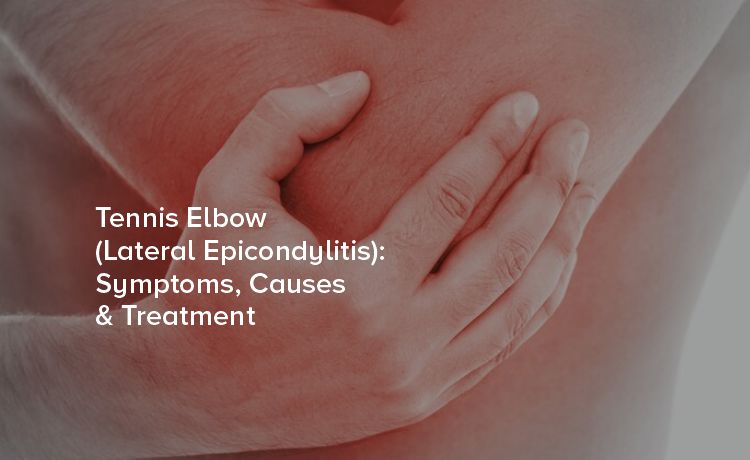
Tennis elbow, medically known as lateral epicondylitis, is a condition that has troubled many— from the most avid tennis players to those who’ve never swung a racket. Characterized by pain and tenderness on the outside of the elbow, tennis elbow is a common but often misunderstood orthopedic condition.
Tennis elbow results from the overuse of the muscles and tendons in your forearm and elbow, leading to inflammation and tenderness. Despite its name, athletes are not the only people who experience tennis elbow. In fact, anyone whose activities require repetitive arm, elbow, and wrist work is at risk.
The primary symptom of tennis elbow is a pain that radiates from the outside of your elbow into your forearm and wrist. You might also experience:
The root cause of tennis elbow is repetitive motion or overuse of the forearm muscles that you use to straighten and raise your hand and wrist. Actions like repeated computer mouse use, painting, playing tennis or other racquet sports, and even plumbing can lead to this condition. Essentially, any activities that strain the same forearm muscles can contribute to the onset of tennis elbow.
Though it’s most common in individuals between the ages of 30 and 50, tennis elbow can affect anyone who puts a lot of strain on their wrists and forearms, regardless of age. Professionals or hobbyists involved in activities requiring repetitive motion of the arm and wrist are particularly at risk.
Diagnosis typically involves a medical examination where a doctor might perform a series of tests to determine pain level and forearm strength. In some cases, imaging tests like X-rays or MRIs are used to rule out other conditions.
Most cases of tennis elbow improve with simple, self-care measures:
Rest and Ice: Giving your arm proper rest and applying ice packs to reduce inflammation and pain.
Exercises: Specific stretches and strengthening exercises can alleviate symptoms and prevent recurrence.
Medications: NSAID’s, such as ibuprofen, can help manage pain and reduce inflammation.
Bracing: Wearing a brace centered over the back of your forearm may also help relieve symptoms by resting the muscles and tendons.
Physical therapy plays a crucial role in the treatment of tennis elbow. A therapist can guide you through exercises designed to strengthen the forearm muscles, improving the area’s stability.
PRP – Ultrasound guided platelet rich plasma (PRP) Injection can heal the diseased tenderness.
Surgery is usually considered only when pain persists after months of non-surgical treatment. The procedure involves removing diseased muscle and reattaching healthy muscle back to bone.
Prevention is key to avoiding tennis elbow recurrence. Here are a few tips to keep your arms healthy:
Strengthen Your Muscles: Regularly performing exercises that strengthen your arm muscles can help prevent tennis elbow.
Take Breaks: If your daily activities involve repetitive motions that strain your arms, make sure to take regular breaks.
Proper Technique: Ensure you're using the correct technique in sports and daily activities to minimize strain on your forearms.
Tennis elbow is a painful condition that affects not only athletes, but anyone engaged in activities that put repetitive stress on the arm muscles. Understanding the symptoms, causes, and treatments available is the first step towards recovery. If you suspect you have tennis elbow, consult a healthcare professional for diagnosis and treatment options. Remember, with the right approach, tennis elbow can be effectively managed and overcome. Book an appointment with the best Orthopedic Surgeons in Hyderabad available at Citizens Specialty Hospital, Hyderabad.